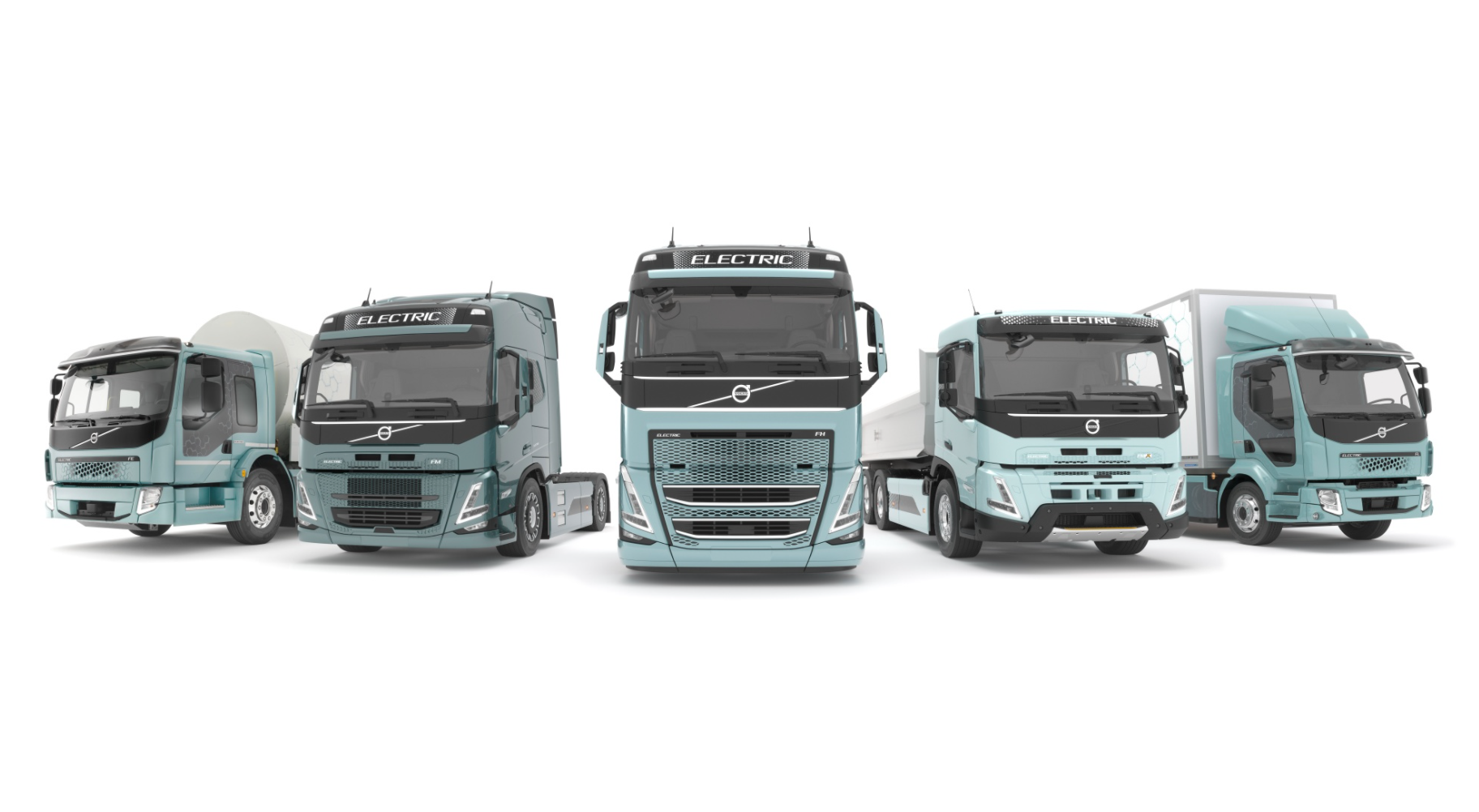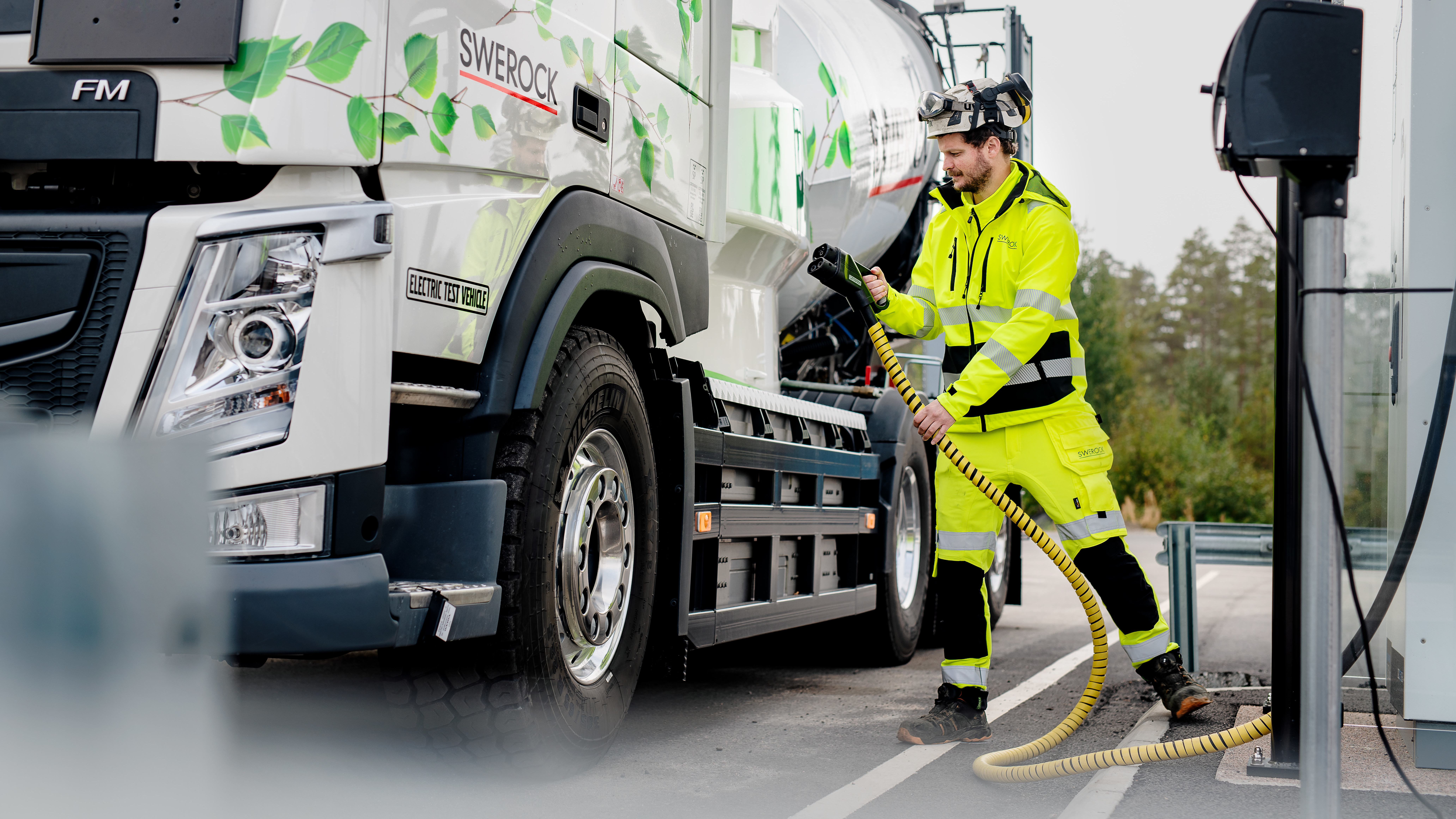Volvo Is Finally Getting Serious About Heavy-Duty Electric Trucks
Volvo Group will start selling heavy-duty electric trucks next year in Europe, it said Thursday. Sadly, these look nothing like the cab-less concept we first saw a couple of years ago. But it is the kind of quiet evolution that we'll be seeing more often.
Let's compare Volvo Group's electric semi rollout with the rollout of a company like Nikola: One of them is loud and chaotic and hard to believe. The other one hasn't said much in the years since it showed us the concept.
Until today, when Volvo Group gave the following straightforward statement:
Volvo Trucks is now running tests of the electric heavy-duty Volvo FH, Volvo FM and Volvo FMX trucks, which will be used for regional transport and urban construction operations in Europe. These trucks will have a gross combination weight of up to 44 tonnes. Depending on the battery configuration the range could be up to 300 km. Sales will begin next year and volume production will start in 2022. This means that from 2021 onwards Volvo Trucks will sell a complete range of battery-electric trucks in Europe for distribution, refuse, regional transport and urban construction operations.
"By rapidly increasing the number of heavy-duty electric trucks, we want to help our customers and transport buyers to achieve their ambitious sustainability goals. We're determined to continue driving our industry towards a sustainable future," says Roger Alm, President Volvo Trucks.
And Volvo Group also gave us the following photo of said trucks, which look like trucks:

These trucks are intended for shorter transport distances and construction sites, not long-hauling since no one really knows yet how to make a heavy-duty electric truck capable of pulling trailers over long distances because of all that additional battery weight. But electric trucks for short distances have always made a ton of sense and, presumably, there's a business case to be made for them as well from the customers' point of view.
Aside from the styling being a little too predictable — do these really need grilles? And why does every semi just completely give up from the get-go on aerodynamics? — I would say that these look nice. One last thing: This is your periodic reminder that Volvo Group, which primarily makes trucks, does not own Volvo Car, which primarily makes cars, even though both are based in Gothenburg, Sweden. It gets confusing!
